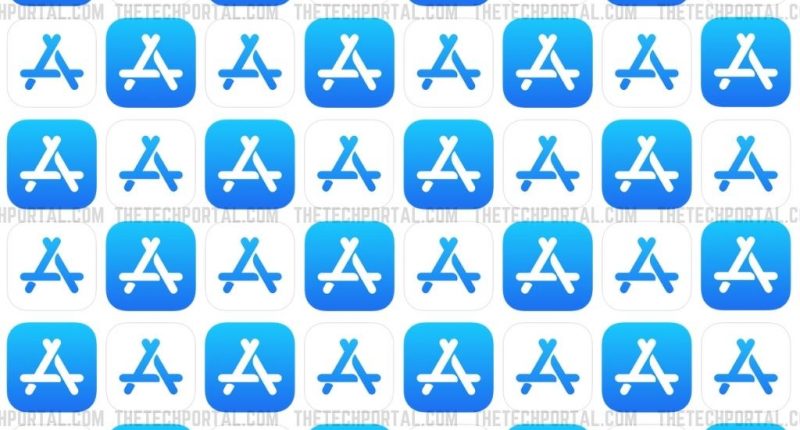Apple’s App Store has had a reputation for its stringent regulations for years (something that has earned Apple the ire of regulators and often landed the iPhone maker in trouble). Now, as it faces mounting pressure from legal battles and a potentially evolving market landscape, Apple is relaxing its grip on two key aspects of its App Store ecosystem: retro game emulators and music streaming services within the European Union (EU).
“Apps may offer certain software that is not embedded in the binary, specifically HTML5 mini apps and mini games, streaming games, chatbots, and plug-ins. Additionally, retro game console emulator apps can offer to download games. You are responsible for all such software offered in your app, including ensuring that such software complies with these Guidelines and all applicable laws. Software that does not comply with one or more guidelines will lead to the rejection of your app. You must also ensure that the software adheres to the additional rules that follow in 4.7.1 and 4.7.5,” the company noted. Mini-games and mini-apps within these apps must use HTML5, Apple added. “Apps may offer certain software that is not embedded in the binary, specifically HTML5 mini apps and mini-games, streaming games, chatbots, and plug-ins. Additionally, retro game console emulator apps can offer to download games,” it said.
For years, Apple has maintained strict guidelines regarding the inclusion of game emulators in the App Store. Citing concerns about copyright infringement and piracy, the company prohibited the distribution of apps that enabled users to play retro games on iOS devices. As a result, iPhone and iPad users had to resort to alternative methods to access classic titles, such as jailbreaking their devices or using unofficial app stores.
For those iPhone and iPad users yearning to revisit their gaming childhood, the arrival of retro game emulators on the App Store is a significant development and allows users to indulge in their nostalgic desires by downloading and playing games straight from their devices. This move also eliminates the need for users to resort to unofficial methods to enjoy retro gaming on their devices. With a plethora of classic titles from platforms like the NES, SNES, and Sega Genesis now accessible, users can relive cherished memories and discover timeless classics with ease. By embracing retro game emulators, developers can also cater to a diverse audience and potentially generate revenue through app downloads and in-app purchases.
This is a change from Apple’s previous stance on the matter, when developers faced challenges when attempting to distribute emulator apps on iOS due to Apple’s stringent review process. With the relaxation of restrictions, developers now have the chance to bring beloved retro games to a wider audience. This move could lead to a surge in the development of emulator apps, catering to the nostalgia-driven gaming market.
In similar news, in response to an EU antitrust ruling that condemned its “anti-steering” practices, Apple is easing restrictions for music streaming services like Spotify within the European market. These services can now integrate links within their apps that direct users to external websites for subscription purchases. Additionally, they are permitted to request user email addresses to send links enabling the purchase of digital music content or services directly from the developer’s website. This change stems from the EU commission’s decision to pose a financial penalty on the Cupertino-headquartered tech titan for hindering competition by preventing music streaming services from promoting their own subscription options within the App Store.
The Tech Portal is published by Blue Box Media Private Limited. Our investors have no influence over our reporting. Read our full Ownership and Funding Disclosure →





